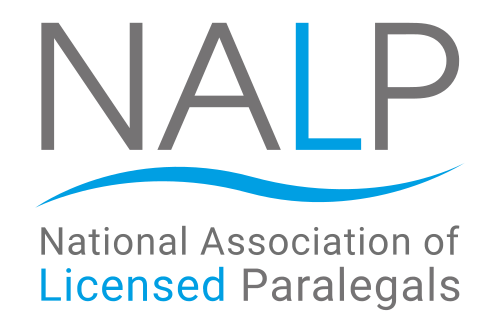For those navigating the UK legal system without formal legal representation, known as “litigants in person” (LIPs), the journey can seem daunting. The challenge of understanding complex legal procedures and presenting one’s case effectively is significant. This guide aims to demystify the process, providing essential insights into the rights of LIPs and highlighting the valuable role that paralegals and McKenzie friends can play in supporting self-represented individuals.
Understanding Litigant in Person
A litigant in person engages in legal proceedings without the aid of a solicitor or barrister. While the motivations for self-representation vary, all LIPs face the common challenge of navigating the legal system on their own. This is where the support of paralegals and McKenzie friends becomes crucial, offering guidance and assistance to those without legal training.
Your Rights as a Litigant in Person
- Access to Information: LIPs have the right to access legal information that can aid their case. Paralegals and McKenzie friends can help in interpreting relevant laws, precedents, and procedures, making this information more accessible and understandable.
- Fair Treatment: The judiciary is tasked with ensuring that LIPs do not suffer due to their lack of legal training. Paralegals and McKenzie friends can further level the playing field by offering insights into court etiquette and procedural norms, ensuring LIPs are prepared and informed.
- Use of Legal Resources: There are many resources available to assist LIPs, including online legal advice portals and guides published by the judiciary. Paralegals and McKenzie friends can direct LIPs to the most useful resources, saving time and enhancing case preparation.
Responsibilities When Representing Yourself
- Understanding Legal Procedures: LIPs must learn and follow the legal and procedural requirements relevant to their case. Paralegals and McKenzie friends can provide clarity on these processes, offering step-by-step guidance.
- Preparation of Your Case: Gathering evidence, preparing legal documents, and developing arguments are key responsibilities of LIPs. With their knowledge of legal documents and procedures, paralegals and McKenzie friends can assist in organizing and preparing your case effectively.
- Court Conduct: Proper conduct in court is essential. Paralegals and McKenzie friends can advise on courtroom etiquette, ensuring LIPs present themselves and their arguments in the best possible manner.
The Role of Paralegals and McKenzie Friends in Supporting LIPs
- Guidance and Advice: They can provide legal guidance and practical advice, helping LIPs understand the complexities of their case and the legal system.
- Document Preparation: They can assist in the preparation of legal documents, ensuring they meet the required standards and deadlines.
- Courtroom Support: While McKenzie friends cannot speak on behalf of LIPs in court, they can offer moral support, take notes, and help with the organization of documents.
- Access to Resources: They can point LIPs towards additional resources, including legal libraries and online databases, that can aid in case preparation.
Conclusion
Representing oneself in court is a significant challenge, but understanding your rights and the available support can make a substantial difference. Paralegals and McKenzie friends play an essential role in this landscape, offering the guidance and assistance necessary to navigate the legal system more effectively. By leveraging this support, LIPs can approach their cases with greater confidence and preparedness, ensuring they are well-equipped to advocate for themselves in the UK legal system.



